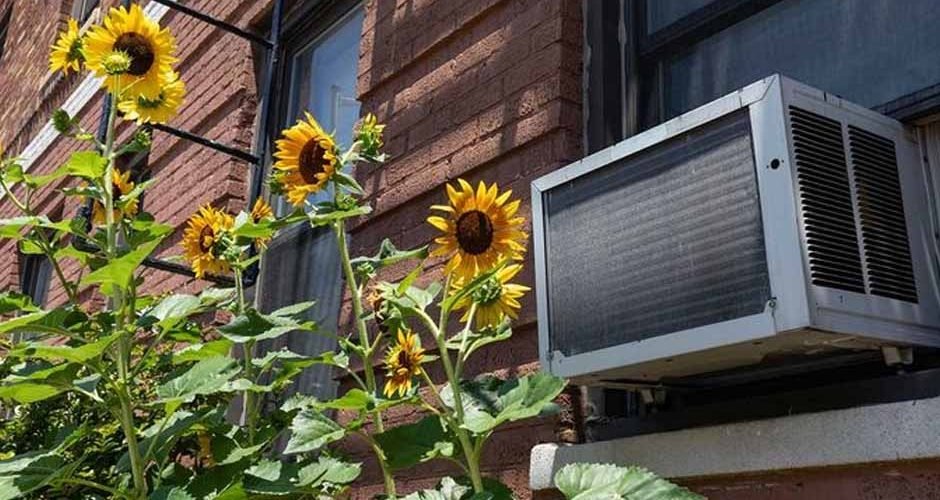Window ACs may temporarily relieve cooling and dehumidification needs, but their running costs can add up quickly.
Modern window air conditioners have come a long way since the days of using up all your energy on their own, offering scheduling functions, eco modes and Wi-Fi control to save energy. This post will touch on things to consider before your next window AC purchase.
For expert advice on choosing the right-sized generator for your window AC unit, check out this helpful guide from Hurliman Heating & Air Conditioning.
Table of Contents
Size
Window air conditioners offer an effective means of keeping rooms cool without breaking the bank, but with so many different models on the market, choosing one for your home can be challenging.
Size should be an important consideration as an improperly sized AC may not perform to its potential — the easiest way to find out which window AC size to get is by measuring its width and height frame.
Cooling capacity in window AC units is measured in British thermal units or BTUs; the higher its BTU count, the greater its cooling power.
There are several considerations when selecting an appropriate number of BTUs: direct sunlight may necessitate a larger unit, and ceiling height plays an integral part in how much cooling power should be delivered — recommendations typically are made based on eight-foot ceilings as a baseline measure.
Once you have your measurements taken, it’s time to shop for a window AC. Most air conditioners are tailored towards casement or double-hung windows that open vertically; however, there may be ACs designed specifically for horizontal-opening sash windows available that will work for your space.
In addition, you must consider your home’s available power as some ACs require their dedicated circuit; otherwise, connecting an excessively powerful window air conditioner through a standard outlet could overload it and trip the circuit breaker.
Energy efficiency
If you live in an extremely warm region, window air conditioners are one of the most cost-effective ways to cool down your home. But to maximize energy savings and prolong your AC unit’s lifespan, you must purchase energy-efficient models. This will save on electricity bills while simultaneously prolonging its life span.
Consideration should be given when choosing an energy-efficient window air conditioning unit by considering its BTU rating and wattage power. You should also consider what kind of windows exist within your home — single-pane windows require more cooling power than double or triple-pane ones. When purchasing an air conditioner, make sure to consult the ENERGY STAR label to estimate annual electricity costs.
Noise level
When an air conditioner comes into close contact with a window frame, vibrations and noise are produced, which travel throughout the room and interrupt cooling comfort. There are some simple strategies available for you to reduce window AC noise.
Bigger ACs tend to be louder than their smaller counterparts due to having larger fan motors and compressors that consume more electricity — making size an important consideration when selecting window AC units for your room.
Soundproofing materials or anti-vibration pads may help your unit reduce noise pollution. Furthermore, you could try tightening screws and isolating gaps between it and window frames in order to mitigate noise pollution further.
Maintaining an air conditioner is also key for minimizing noise pollution. Dirty condenser coil fins and clogged air filters can decrease efficiency and also contribute to noisy operation. Bent coil fins may produce humming sounds, while fan blades that have not been adequately lubricated may produce screeching noises.
Maintenance
Window air conditioners can provide an effective short-term solution to an overly stuffy bedroom or family room. Yet, their energy consumption and noise levels could be better, making it important to weigh the potential benefits and drawbacks before purchasing one.
Maintaining the cleanliness of your Window AC is crucial to its lifespan and proper cooling of your room. A dirty AC will waste energy and can no longer cool sufficiently.
Cleaning the interior and exterior of a window AC extends its longevity and prevents mold and mildew build-up. A mixture of warm water mixed and mild detergent or commercial cleaner should do the trick, although always follow manufacturer instructions when handling chemicals for best results.





